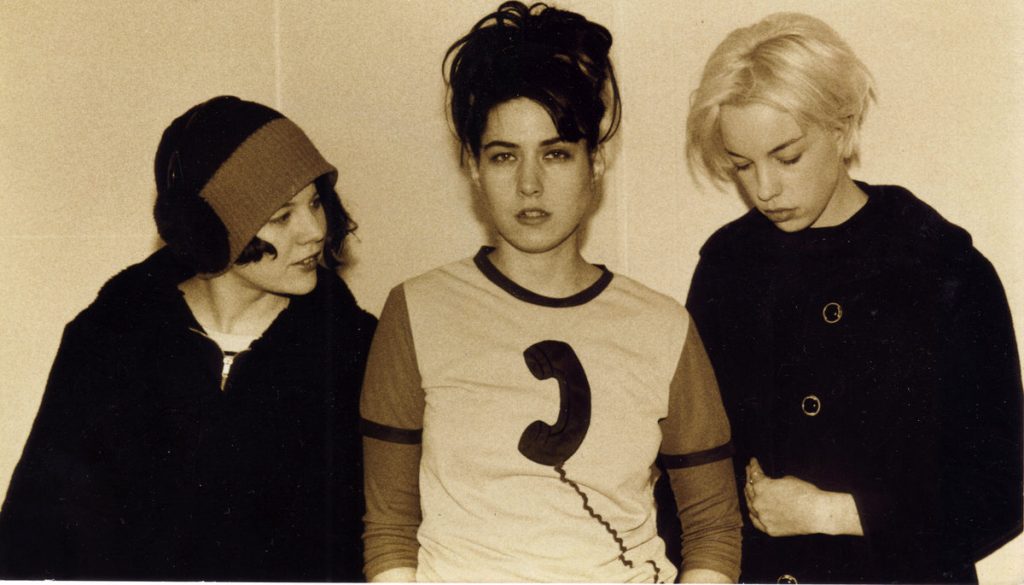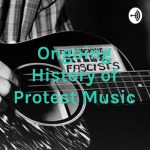
This compilation features music interspersed with spoken word from women who share their experiences with abuse and self-defense tips. The album is more about the spoken word, but musically it is an interesting document that features several 90s feminist rock bands such as Team Dresch, Fifth Column, Heaven’s to Betsy, and Excuse Seventeen. It also highlights the link between music and community activism.

A strong debut by the California punk band which was more serious and politically focus compared to other bands coming out of the So-Cal scene. The songs are earnest and express anti-establishment critiques of America’s failed value system.
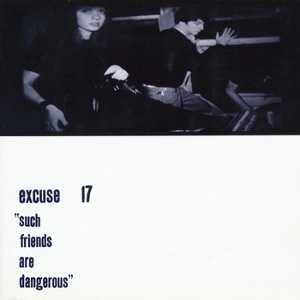
The second album by the band was important in the development of the riot grrrl and queercore movements. Carrie Brownstein of the trio ended up finding greater success with Sleater-Kinney.
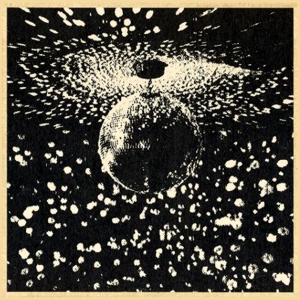
Often referred to as the “Godfather of Grunge,” on his 21st studio album the veteran rocker finds himself expertly backed by members of Pearl Jam. Musically the arrangements are loose and raw. Lyrically the songs explore the contrast of 60s idealism with 90s cynicism. The album even includes a couple of pro-abortion rights tunes.
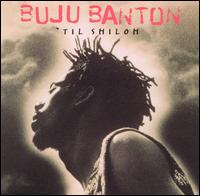
This album is the international breakthrough for the Jamaican dancehall artist. Before the recording of the album, two of Banton’s friends were murdered which lead to his conversion to Rastafarianism and a noticeable shift from his previous gun glorification. This resulted in a more spiritual and socially aware musical direction.

The sophomore album by the eclectic artist is an excellent fusion of multiple genres. The album blends the spiritual with the political to create an insightful and uplifting listening experience.

Classic ska-punk masterpiece featuring an abundance of fist-pumping anthems. Not explicitly political, but socially aware and full of youthful defiance.
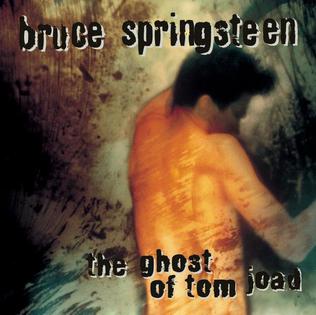
A haunting and stripped-down critique of America’s war on the poor. Similar to Woody Guthrie, he effectively uses allusions to Tom Joad, the protagonist of John Steinbeck’s Grapes of Wrath, to explore social and economic injustices.
:format(jpeg):mode_rgb():quality(90)/discogs-images/R-471463-1480027370-3081.jpeg.jpg)
Possibly the most controversial band to emerge from the queercore scene. The album employs raunchy humor as a means to explore gender politics and misogyny.

This is the soundtrack of the 1995 film which was based on the non-fiction book of the same name, written by Sister Helen Prejean. Just like the book and movie, the album explores the morality of the death penalty.

One of the true landmarks of 90s alternative hip-hop. Along with infectious grooves, it features realistic lyrics that address issues such as stop and frisk, systemic racism, and police/government corruption.
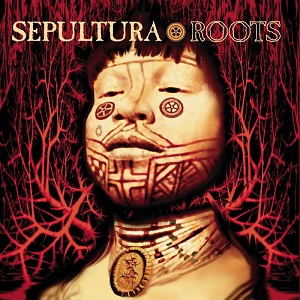
This is the final album featuring vocalist Max Cavalera and it may also be their most eclectic offering. The album taps into their Brazilian culture, and it features musical elements that you wouldn’t traditionally associate with thrash metal. Like previous efforts, it is also unapologetically political, addressing issues such as government corruption and environmental destruction.

The brilliant sophomore album by the punk trio is an exhilarating listening experience. Corin Tucker has gone on record that the album was influenced by her experiences working shitty jobs that commodified people. That experience is effectively tapped into, and like most of their albums, there is a clear intersecting of the personal and political.

Appalled by the “jocks” and “bros” attending their shows, the Canadian punk band made a conscious effort to be more explicitly political and confrontational to weed out the toxic male fan base. Even though it is more direct than their 1993 debut How to Clean Everything, it still features melodic elements to balance out the lyrical onslaught.

The band’s lead vocalist Skin describes the group’s sound as “clit-rock” an explosive hybrid of metal and black feminist rage. The UK’s quartet second studio album is the best exemplification of that sound. The album rallies against those who criticize the band for being political, while also speaking up against systemic racism and political apathy.

The influential Jamaican roots reggae artist is in fine form. Feel-good musical vibes are married with a positive socially aware message.

The debut album by Badu is important in the development of the neo-soul genre. Badu impeccably blends elements of jazz and 70s socially conscious soul with more modern hip-hop elements. It is music you can groove to while simultaneously being mentally engaged.

Another essential album from one of the most important bands to emerge from the 90s alternative scene. Once again the personal is political as they denounce sexism and traditional gender roles.
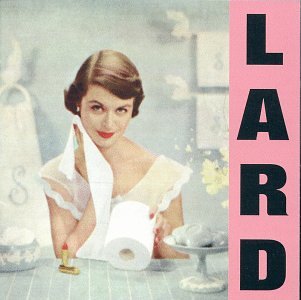
This is the second album of the project consisting of Ministry’s Al Jourgensen and Dead Kennedy’s Jello Biafra. The album rocks hard and as expected from Biafra the lyrics are explicitly political, featuring his trademark biting wit.

The third album by the UK alt-rock band is an absolute landmark that finds the group taking a more experimental and abstract approach. Lyrically, Thom Yorke is said to have been influenced by the writings of Noam Chomsky and his lyrics explores themes of consumerism, social alienation, political propaganda, and corruption.
